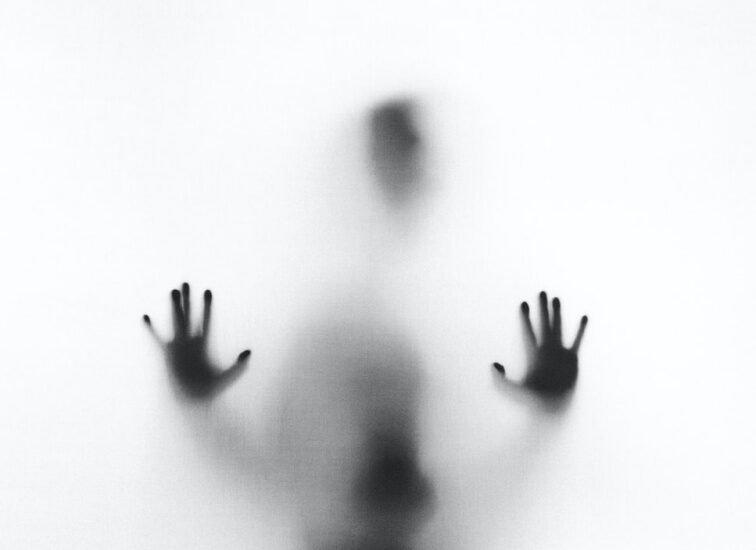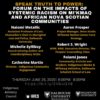
KJIPUKTUK (Halifax) – Calling upon police to do a “wellness check” is a recipe for disaster for African Canadians or Indigenous people. If an officer has a racial bias this is like putting Colonel Sanders in the hen house.
There are very few police officers with training in mental health and cultural issues. In Canada and the United States this does not seem to be a part of their requisite training.
This responsibility would be better handled by a team of persons with a background in mental health, combined with individual(s) from the same ethnicity, or a family member.
Culture, race, heritage and ethnicity all play a role in one’s mental health and wellbeing and taking this into account can make all the difference in the healing process and reduce the isolation of many.
In Nova Scotia, because of a prolonged exposure to the effects of racism and poverty, African Nova Scotians suffer from many of the symptoms of posttraumatic stress disorder. This is part and parcel of the mental experiences of some in the African Nova Scotia community.
Throughout our history many families have tried to cope with the mental stresses by embracing family intervention methods such as dialogue, support, love, and community supports, trying to produce positive change that way. Those efforts by families and communities must be recognized and appreciated.
From the 1960s on down many labels have been placed on African Nova Scotians who did not fit what was considered normal. These labels include retarded, learning disabled, crazy, animalistic, etc. Most psychologists and psychiatrists in Nova Scotia have little or no understanding of the lives, culture, heritage, lineage, and traditions of African Nova Scotians and therefore it is very difficult to see yourself in the picture, let alone benefit even if one has access to such professional support.
Psychologists and other professionals like them play an essential role in helping people modify their behavior to recover from chronic mental and physical illnesses. These roles are limited when there is little or no understanding of the African Nova Scotian experience.
See also: Guyleigh Johnson – Black people don’t get depressed
African Nova Scotians are just as susceptible to mental illness as anybody, yet they have limited access and receive substantially less treatment than others.
Although mental health professionals in Nova Scotia have extensive training, they lack culturally appropriate Africentric training. There needs to be an increase in culturally sensitive mental health services. The relevant regulatory bodies must implement training programs with an emphasis on cultural understanding and sensitivity.
Such culturally sensitive training programs can reduce stigma and address much of the suspicion that many African Nova Scotians have of mental health professionals and the mental health system. Such programs will increase awareness and provide culturally competent services that promote inclusion
As far as I am aware there are fewer than 18 African Nova Scotian mental health counselors, including myself
Many African Nova Scotians are suspicious of the mental health system because they do not see themselves in the picture. That means that provincial mental health programs and services currently do not meet the diverse needs of African Nova Scotians. For example, the African Nova Scotian community embraces the idea of Africentric mental health services, but has not received any funding for lack of political will.
African Nova Scotians suffer in silence, not having access to programs and services they can identify with. Many organizations could be vehicles for the necessary change, especially if they’re non-profit.
The key objectives of Africentric mental health services are:
- Community-based mental health programs and services, close to home,
- Parental involvement,
- Afrocentric programs, monitored and administered by African Nova Scotians,
- To develop a timely response (strategy) to deal with youth in crisis in our communities.
It’s been widely reported how African Nova Scotians young and old speak of high levels of stress, anxiety, panic attacks and depression based on years of having to endure racism.
African Nova Scotians with the extra burdens of racism and marginalization to contend with have nowhere to turn.
The need for Africentric mental health services is immediate and support for it is long overdue.
See also: Weekend video: Africentric Math Cohort – Auburn Drive High School
With a special thanks to our generous donors who make publication of the Nova Scotia Advocate possible.
Subscribe to the Nova Scotia Advocate weekly digest and never miss an article again. It’s free!




So true it’s hard every day waking up to do normal things in life but knowing you have God’s help keep the spirit alive and do what you need to help family and friends. May God bless us all.